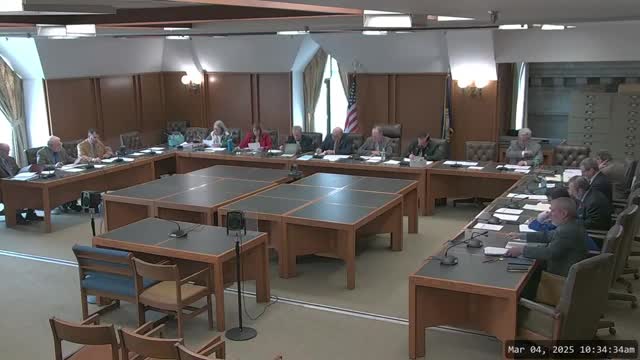Article not found
This article is no longer available. But don't worry—we've gathered other articles that discuss the same topic.

Committee recommends against study of weatherization initiatives, 9-8
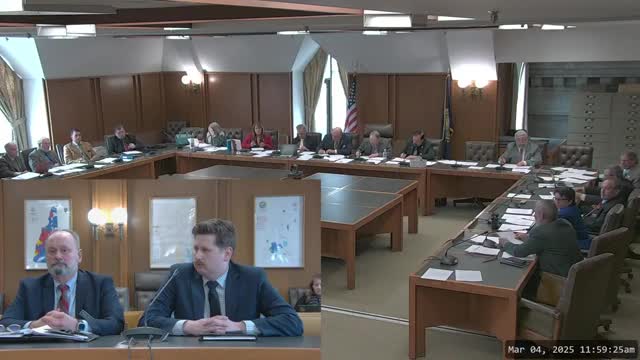
Committee votes to table bill that would limit PUC review of settlement agreements
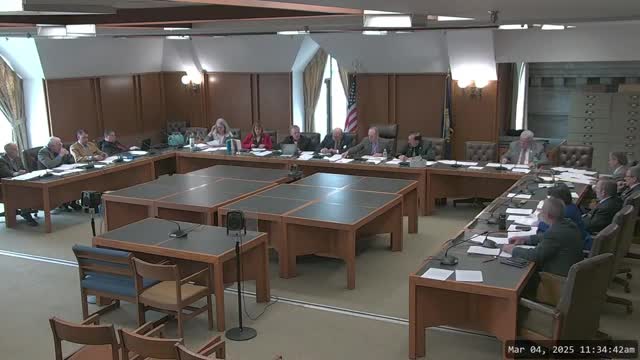
Committee clears bill letting utilities sign power'purchase agreements with advanced nuclear resources, with limits
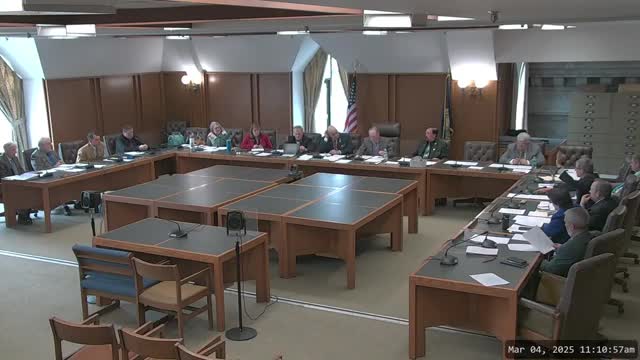
Committee approves bill that allows off'grid electricity providers but keeps other safety and permitting requirements
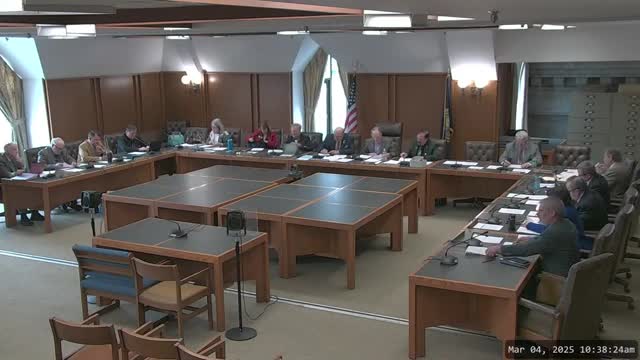
Committee debates changing how system benefits charge programs are reviewed; no final committee vote recorded
